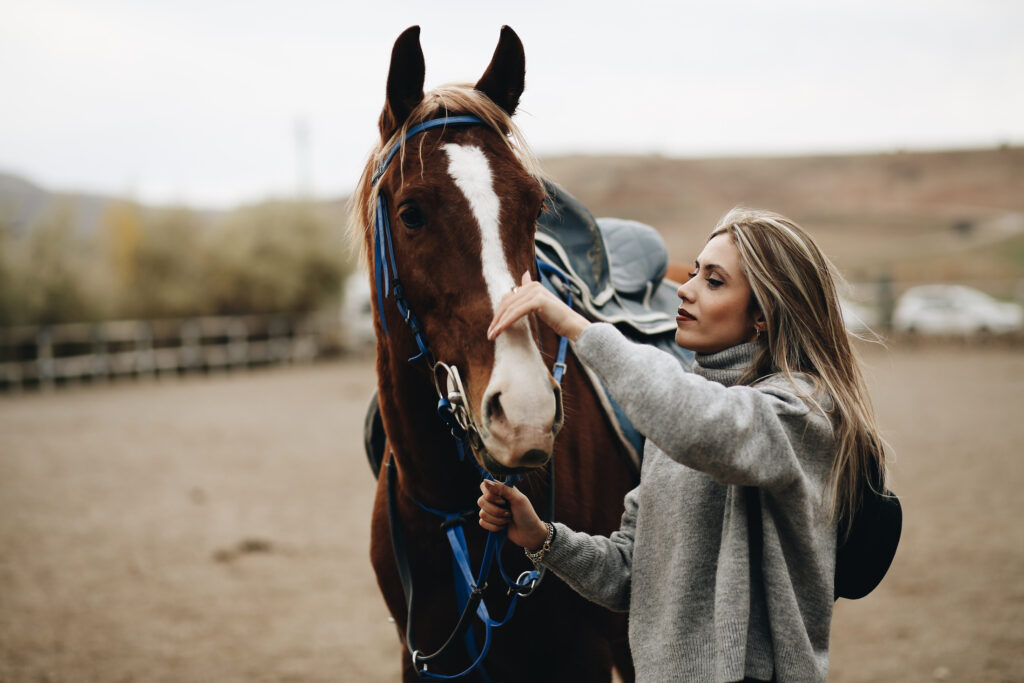With the holidays right around the corner many will be bringing a horse friend home for the first time. While this is an exciting time, properly preparing for your new equine friend will make the transition for both you and the horse more enjoyable.
Establishing Contacts
One of the first things you will need to do is establish some contacts, so you are ready for normal care and in case of emergencies. These contacts should include an equine knowledgeable veterinarian and a reputable farrier. Many overlook this simple task before bringing their horse home but considering that introducing a horse to a new environment increases their risk of injury while they adjust, it just makes sense to be prepared. I once was moving and had not established a contact with a farrier before arriving. It took me 6 months to find a farrier with availability and a decent reputation, don’t make the same mistake I did.
Establishing a Safe Environment
The next thing you will want to do is thoroughly go over pastures, shelters, and horse stalls that the horse will be exposed to. You will want to watch out for sharp edges and points, check fence lines for weak points and overgrowth, and in general look for debris and other hazards that could potentially cause harm. If the horse will be in a stall at least part of the time, make sure the stall has adequate ventilation and light. Check for rotten wood and rusted steel. Make sure hinges and tracks are in good working order. A good cleaning and disinfecting are a good idea as well.
Supplies
Having the basics on hand will make those first days of the transition easier to navigate and manage. Prepare by having the current feed of the horse on hand as well as the feed you plan to change them to (if you are changing it). Slowly changing the diet will help the horse adjust better and prevent any potential illness caused from an abrupt change in diet. Having a constant fresh, clean supply of water is a must and, in some areas, a heated water may be required to prevent frozen water tanks. Other supplies should include grooming supplies, basic first aid for any small scraps or minor injuries, salt and minerals, and halters and tack that are in good working order. Speak with experienced local horse owners to see what challenges and solutions they have seen/done for your climate and region. This may prepare you better than anything else.
Enjoy!
Once you are prepared, bring that new family member home and enjoy the wonders of horse ownership!


